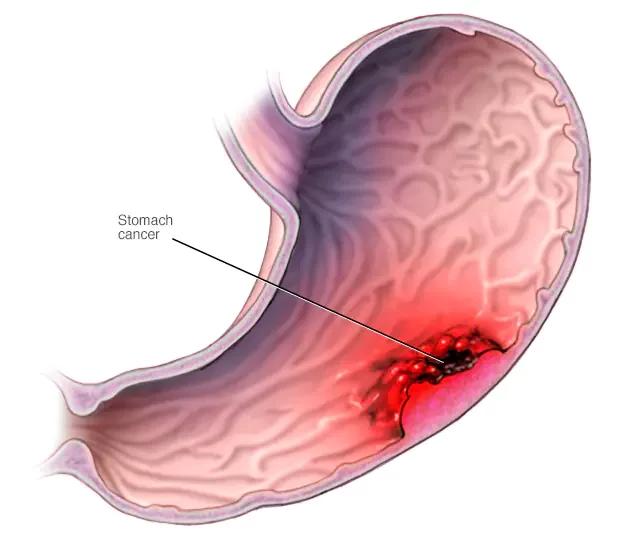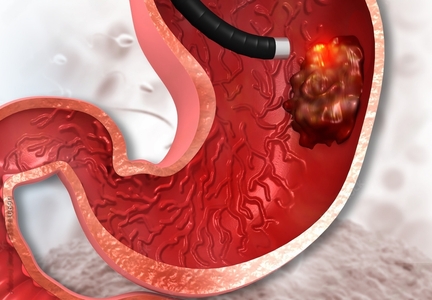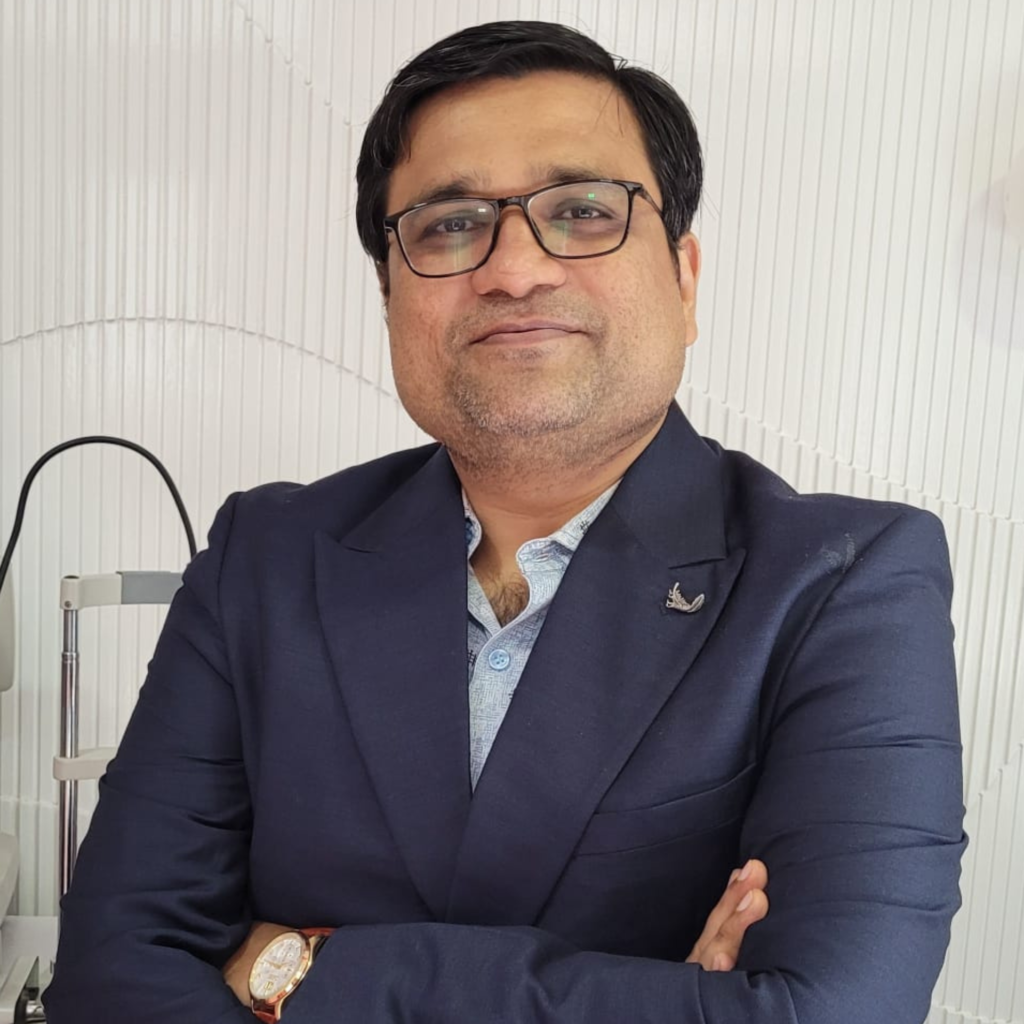- Home
- About Us
- Doctors
- Specialties
- Bariatric Surgery
- Bone Marrow Transplant
- Cancer
- Cardiology
- Cardiovascular And Thoracic Surgery
- Critical Care Medicine
- Dental Surgery
- Dermatology & Cosmetology
- Diabetic Foot Care
- Ear, Nose & Throat
- Endocrinology
- Fetal Medicines
- Gastroenterology
- General Medicine
- General Surgery
- HPB & Gastrointestinal Surgery
- Interventional Radiology
- IVF
- Kidney Transplant
- Laparoscopic Surgery
- Liver Transplant
- Medical And Hemato Oncology
- Neurology
- Neuro & Spine Surgery
- Nephrology And Dialysis
- Nuclear Medicine
- Orthopedic
- Ophthalmology
- Obstetrics And Gynecology
- Pathology Laboratory
- Pediatric
- Peripheral Vascular And Endovascular Surgery
- Physiotherapy and Rehabilitation
- Plastic Reconstruction
- Plastic & Cosmetic Surgery
- Pulmonary Medicine
- Radiation Oncology
- Radiology
- Robotic Surgery
- Surgical Oncology
- Urology
- Facilities
- Patient Area
- Testimonials
- Media
- Contact Us
Gastric Cancer
Warriors for Gastric Wellness: Uniting for Strength, Inspiring Hope
At Universal Hospital, our dedicated team of specialists, including gastroenterologists, oncologists, surgeons, radiologists, and support staff, is committed to providing comprehensive and personalized care for individuals facing gastric cancer. Gastric cancer, also known as stomach cancer, develops in the lining of the stomach and can affect any part of the stomach.
What is Gastric Cancer?
Gastric cancer, also known as stomach cancer, occurs when cancer cells develop in the lining of the stomach. It is a relatively uncommon cancer but can be aggressive and challenging to detect in its early stages.
Risk Factors:
Several factors may increase the risk of developing gastric cancer, including:
- Infection with Helicobacter pylori: A bacterium that can infect the stomach lining.
- Age: The risk increases with age, and gastric cancer is more common in older adults.
- Gender: Men are more likely to develop gastric cancer than women.
- Diet: Diets high in salty and smoked foods, and low in fruits and vegetables, may increase the risk.
- Tobacco and Alcohol Use: Heavy and long-term use increases the risk.
- Previous Stomach Surgery: Certain types of stomach surgery may increase the risk.
Symptoms:
Gastric cancer may not cause symptoms in its early stages. As the cancer progresses, symptoms may include:
- Indigestion or heartburn
- Discomfort or pain in the abdomen
- Unintended weight loss
- Loss of appetite
- Nausea and vomiting
- Difficulty swallowing

Diagnosis:
- Endoscopy: A thin, flexible tube with a camera is passed down the throat to examine the stomach lining.
- Biopsy: A small sample of tissue is taken for examination under a microscope.
- Imaging Tests: CT scans, PET scans, and endoscopic ultrasound may be used to assess the extent of the cancer.
Treatment:
Treatment options for gastric cancer depend on the stage of the cancer and may include:
- Surgery: Removal of part or all of the stomach.
- Chemotherapy: Medications to kill cancer cells or stop their growth.
- Radiation Therapy: High-dose radiation to target and kill cancer cells.
- Targeted Therapy: Medications that specifically target certain molecules involved in cancer growth.

Prognosis:
The prognosis for gastric cancer varies depending on the stage at which it is diagnosed and the effectiveness of treatment. Early detection and intervention improve the chances of successful treatment.
Support and Resources:
Living with gastric cancer may require support. Patients and their families can benefit from support groups, counseling, and educational resources provided by healthcare organizations.
Gastric Cancer Care at Universal Hospital:
1. Multidisciplinary Gastric Cancer Team:
Our hospital is equipped with a multidisciplinary team of experts who collaborate to provide a comprehensive approach to gastric cancer care. This team includes gastroenterologists, medical oncologists, surgical oncologists, radiation oncologists, radiologists, and support staff.
2. Advanced Diagnostic Technologies:
Universal Hospital employs state-of-the-art diagnostic technologies, including endoscopy, CT scans, MRI, and biopsy procedures, to accurately diagnose and stage gastric cancer.
3. Personalized Treatment Plans:
Treatment plans are tailored to each patient’s specific diagnosis, considering factors such as the type of gastric cancer, tumor location, size, and the patient’s overall health. Our goal is to provide the most effective and personalized care for every individual.





